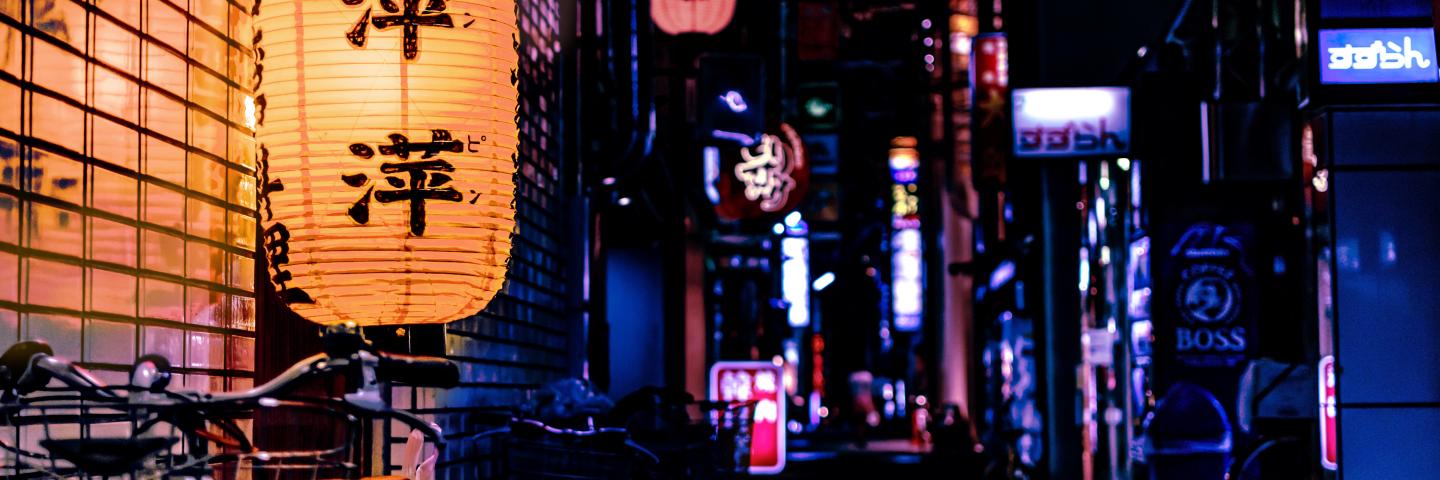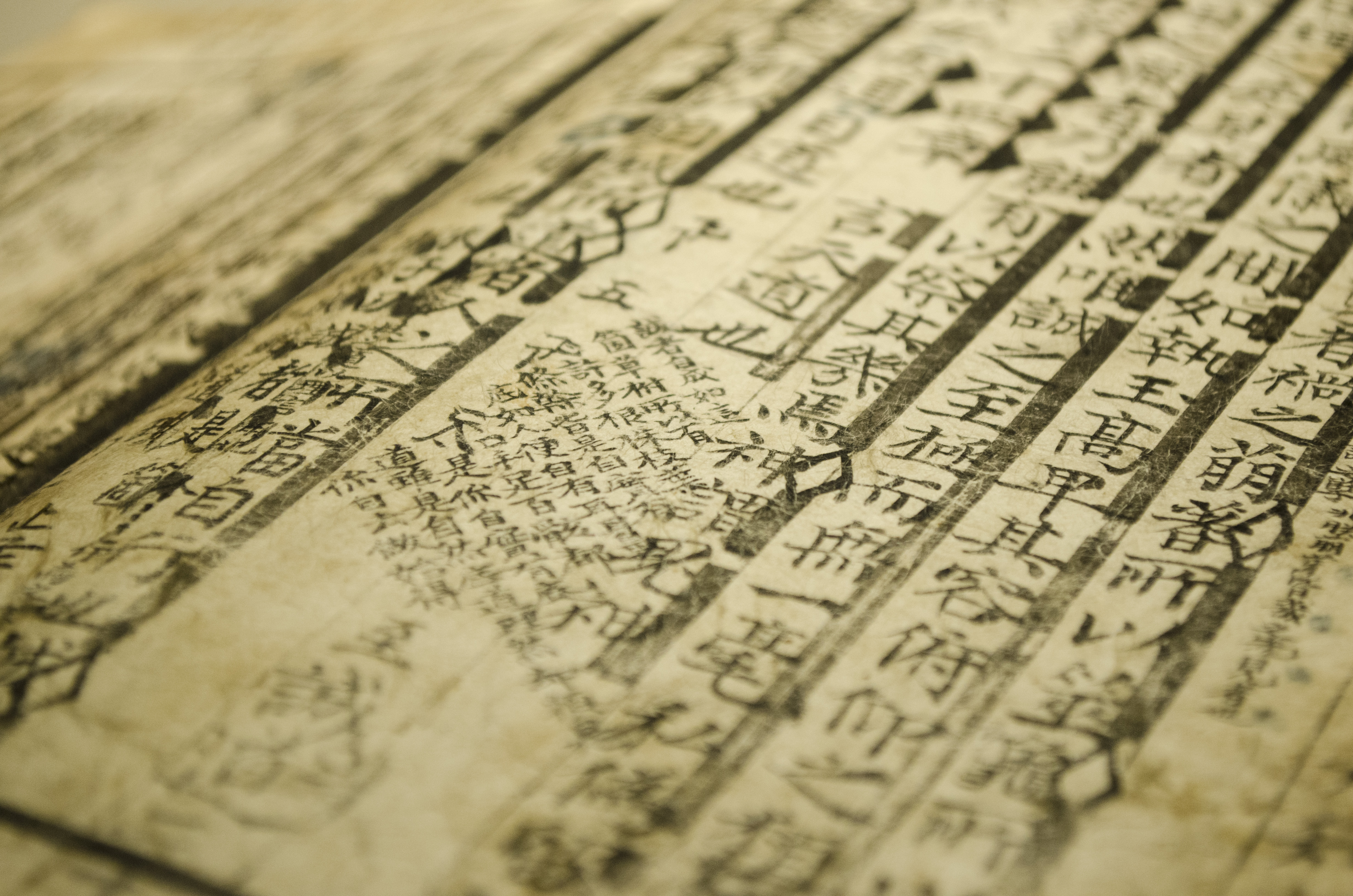Fall 2025
Spring 2025
Fall 2024
9/27 Bingta menghen lu 病榻夢痕 [Traces of Dreams on a Sick Man’s Bed]
Patricia Buckley Ebrey, History, University of Washington
10/25 Burning Wood to Fire Ceramics in Jingdezhen
Chen Kaijun, East Asian Studies, Brown University
11/2 Blood and the injured body in literate Chinese medicine: Two cases from the formulary of Xu Shuwei
Yi-Li Wu, Women’s and Gender Studies and History, University of Michigan
11/15 Classical Chinese in Mexico, in 1923, on Mesmerism: Two Examples
Xiangjun Feng, East Asian Studies, University of Toronto
Spring 2024
2/2 The Emergence of the Yuan non-Han Ancestry in Late Qing North China
Tomoyasu Liyama, Faculty of Letters, Arts, and Sciences, Waseda University
3/8 Animating Forces
Andrew Schonebaum, East Asian Studies, University of Maryland
3/22 Epitaphs Made Widely Available
Man Xu, History, Tufts University
4/12 Naming and Knowledge in the East Asian Sea.
Su-yeon Seo, Asian Studies, Cornell University
Fall 2023
Spring 2023
Fall 2022
Spring 2022
2/11 "Gong Xin, Xin ke zeng bu gu jin yi jian 新刻增補古今醫鑑" (1576)
Jingya Guo, History, Cornell University
4/15 The 1265 Dual Steles: Narrating, Visualizing, and Gendering a Quanzhen Daoist Lineage on Stone
Wang Jin Ping, History, National University of Singapore
5/6 "Fengshui in Texts from Qing China."
Tristan Brown, History, MIT
5/20 Chinese Buddhist liturgical texts (zhaiwen 齋文) composed largely in parallel prose (pianliwen 駢儷文 or siliuwen 四六文)
Stephen Teiser, Religion, Princeton University
Fall 2021
Spring 2021
2/12 Writing and Printing for Praying: Colophons of Dali Buddhist Scriptures
Yuanyuan Duan, Asian Studies, Cornell University
3/5 The Dao of soliciting a patron: Zheng Xia 鄭 俠 (1041-1119)'s "Letter presented to [the] Transport Intendant" 上漕車書 (Anon, Guo chao er bai jia ming xian wen cui 國朝二百家名賢文粹)
Beverly Bossler, History, Brown University
4/2 Qianlong Emperor’s Poem, “On the Mirror”
Sophie Volpp, East Asian Languages and Cultures and Comparative Literature, UC Berkely
5/8 Phonology and Human Difference in the Late Ming: Chen Di's "Mao shi guyin kao zixu (Author's Preface to Investigation of the Ancient Pronunciations in the Mao Odes)" (1606)
Leigh Jenco, Government, London School of Economics and Political Science
Fall 2020
9/11 “Rhetorical and Receptional Politics of Cheng Xuanying’s (ca. 605-690) Commentary on Zhuangzi”
Shuheng “Diana” Zhang, East Asian Studies, University of Pennsylvania
10/17 Diary of a temple association from Shanxi and a ritual text that likely originated in Guizhou province.
Meir Shahar, East Asian Affairs, Tel Aviv University
11/13 Bones, Brains, and Meridians: Animated Anatomy and Image-Text Analysis
Lan Li, Humanities, Rice University
12/4 Reading Adultery in the Criminal Records of Late Chosŏn Korea
Jisoo Kim, History, George Washington University
Spring 2020
Fall 2019
Spring 2019
Fall 2018
Spring 2018
Fall 2017
9/8 Excessive Cult or Proper Ritual? Religious Boundaries and Imperial Politics as Seen from a Shanghai Manuscript”〈柬大王泊旱〉
Guolong Lai, Art History, University of Florida
9/29 The Bells of Liang Qi 梁其鐘 : A Musical Reading of a 9th-century BCE Chinese Bronze Inscription
Jeffrey Tharsen, Humanities, University of Chicago
10/20 Cantonese Migrant Networks: Two Stone Inscriptions from the West River Basin
Steven B. Miles, History, University of Washington in St. Louis
11/17 A Ming Dynasty Inscription on the Sublime Relationship between Humans and Spirits at the Lingqiu Temple at Fajiu Mountain, Zhangzi county, Changzhi, Shanxi (明嘉靖九年(1530)重修靈湫廟記神神人人之事:山西長治長子縣發鳩山的靈湫廟碑文)
Robin McNeal, Asian Studies, Cornell University
Spring 2017
Fall 2016
Vietnamese Regulated Verse in Two Poets: Nguyễn Trãi (1380-1442) and Hồ Xuân Hương (1772-1822)
John Phan, Asian Studies, Rutgers University
Chan Buddhist Interpretations of the Investigation of Things (gewu): Dahui Zonggao (1089-1163) and Hanshan Deqing (1546-1623)
Ari Borrell, International Bibliography, Modern Language Association
Preface, Guiyi fang
Xiao Rong, History, Shenzhen University
Negotiated Past: Zeng Bu’s (1036-1107) Diary and Court Politics in Twelfth-Century China
Yung-chang Tung, East Asian Languages and Civilizations, Harvard University
Spring 2016
2/19 Cho Soang's 赵素昂 (1887-1958) Preface to Hanguo wenyuan 韓國文苑 (1932)
Han Songyeol, East Asian Studies, Princeton University
Ming Tongue-Biting Cases
Chen Shiau-Yun, History, Cornell University
“Chongxiu hetaosidagu miao bei ji” 重修河套四⼤大股廟碑記, Wang Jianxun 王建勳, 1898
Wang Yi, History, Binghamton University
How to Read Editorial Principles: Yu Chu xinzhi 虞初新志 and Installment Publication
Son Suyoung, Asian Studies, Cornell University


